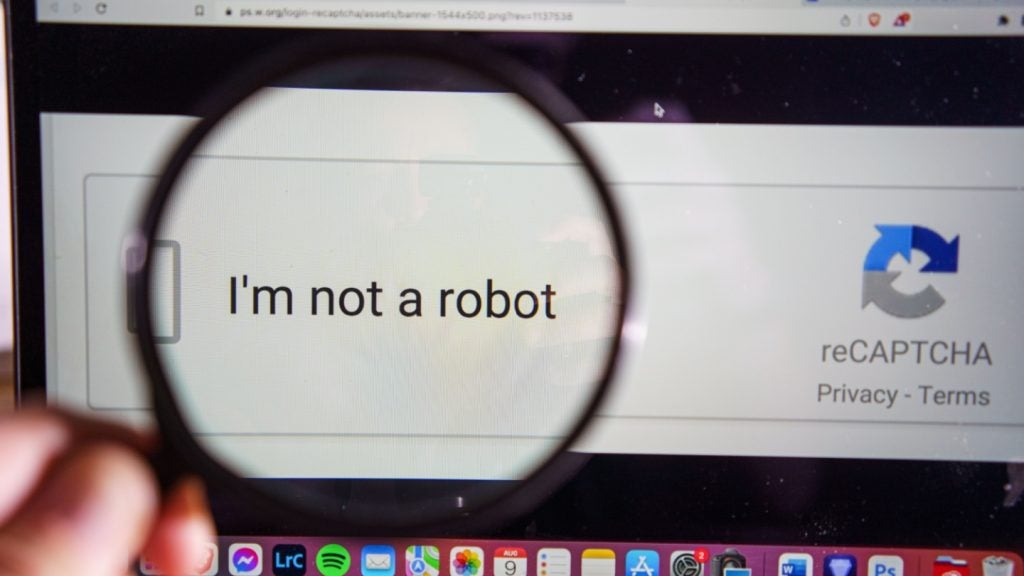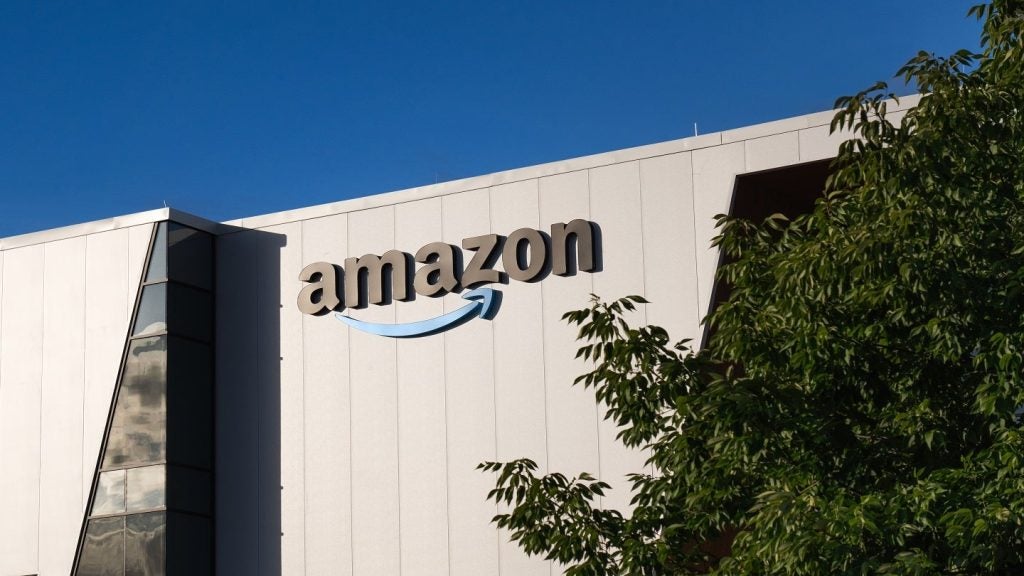
So much has been written about UK productivity, and more often than not reports are negative. But as European businesses invest hundreds of billions of pounds in digital transformation initiatives the big question is, why aren’t our business productivity levels improving dramatically?
To answer this question and paint a detailed picture of how workers get things done, how they collaborate in large organisations, and how technology is changing the way work happens, we researched the opinions and workloads of 1,000 knowledge workers across the UK. Our 2020 State of Work report revealed workers across the UK are spending just 43% of their working week on the jobs they were actually hired to do.
According to our respondents, more than a day and a half each week is being wasted on excessive emails, unproductive meetings, and unwanted interruptions, as well as a lack of standard processes and collaboration. In addition, these employees rated time spent on meaningless tasks as the number one factor keeping them from feeling fulfilled at work.
These figures highlight some of the key productivity barriers currently faced by UK knowledge workers and reveal the scale of the opportunity for businesses to reimagine the future of work. So, as they embrace transformation projects, how can businesses change this pattern and increase productivity in the workplace?
Technology helps, but only if it’s the right technology
Importantly, our study also revealed that the UK workforce is engaged and motivated to do high quality, meaningful work. Nearly every UK employee (91%) is proud of the work they do and most workers feel that their job is more than just a paycheque.
However, they have made it clear they are being held back from doing their best work by a lack of modern technology, processes and not having the right tools in place – 43% of workers say their company actually has too many tech options and that hinders their productivity.
We know that businesses are well aware that technology has the potential to transform work for the better and that massive investment has been made to digitise the workplace for this very purpose. But it’s clear that simply adding more technology to the workplace isn’t providing the solution that today’s workforce is looking for. Evidently, companies need to be more strategic about their technology choices and invest in the technology that is right for their workforce, not just the latest solution.
By listening to the concerns of the workforce and encouraging meaningful work, businesses will be able to tap into their enthusiasm to do high quality, meaningful work, while driving company goals forward. Engaged employees who are working hard but not getting their best work done represents a massive missed opportunity for businesses. That’s why it’s time for business leaders to adopt a new approach to work.
The future of work
As they read the numerous headlines about automation stealing people’s jobs, business leaders might be thinking that their employees fear the digital future. However, this could not be further away from the truth as the majority (90%) of UK workers say that they actually crave modern technologies at work.
We know that in the next few years, millennials (those born between 1981 and 1996) are set to make up more than 50% of the global workforce, and findings show they are looking to their work for far more than a pay cheque. Instead, they are looking for purpose, professional growth and a role with meaning, as well as modern technology.
They expect digital tools that help them do their work more strategically and efficiently. After all, workers are now used to the convenience of seamless, instant gratification delivered by the technology used in their personal lives – from Google to Uber – and it’s frustrating not to have access to that same ease at work.
The impact of these personal communication apps and tools is also translating into the expectations of workplace solutions. Nearly every UK worker (96%) states that it should be as easy to find information at work as it is on Google, showing there’s a demand for a single, uncomplicated way of accessing work updates and messages.
Employee productivity: Preparing for the next generation
As the next generation enters the workplace, workers expect the demand for modern technology to grow; in fact, they have predicted that next-generation employees will expect to be using workplace technology that looks more like Amazon and Instagram in the next few years.
Given that most workers already feel businesses are missing opportunities by not moving to more modern work solutions, the time is now for companies to review the way they work. Technical advantages will only take a business so far, but the businesses who will drive higher engagement, productivity and creativity from their employees will be those who operate differently. It’s time for businesses to treat work as a strategic asset and learn how work is really accomplished within their organisation, and adapt to this with new systems and models, enabled by the right tools.
Jada Balster is the vice president of marketing, EMEA, at enterprise software management firm Workfront.
Read more: Poor office technology is killing workplace productivity







